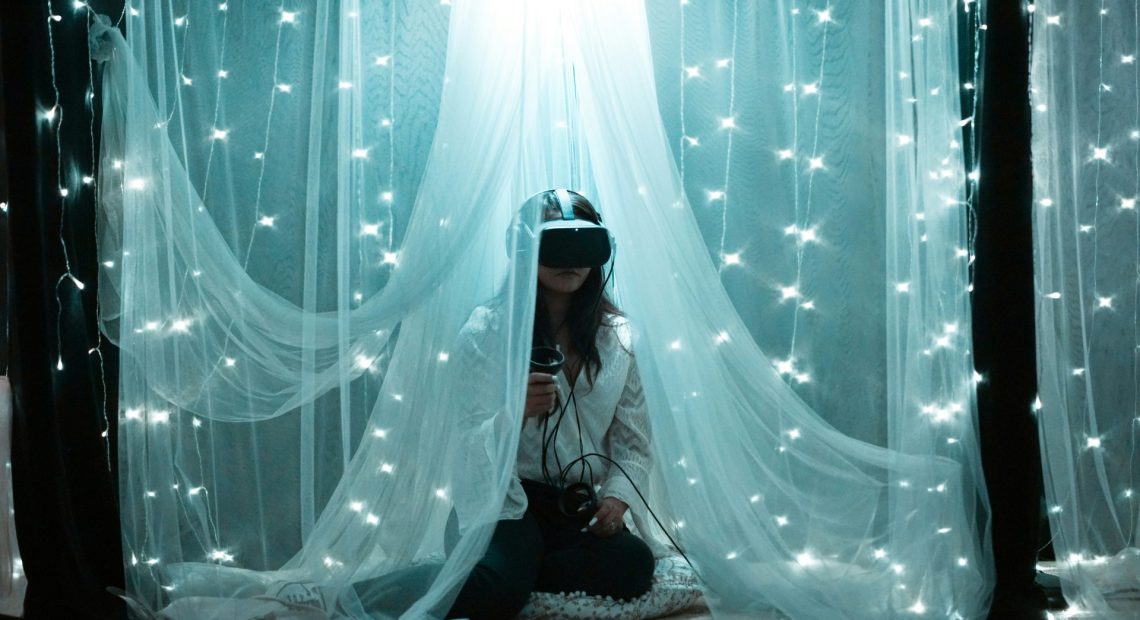Startups Are Leading The Charge Against Digital Deception

As The Situation Turns Grave
A newly released report by GlobalData highlights the pivotal role of startups in the ongoing battle against digital deception. These innovative companies are at the forefront, armed with cutting-edge deepfake detection tools.
OpenAI, in its quest to combat the escalating threat of AI-generated deepfakes, has introduced a unique detector. This tool is designed to identify and eliminate content created by its powerful image creator, DALL-E. It will undergo rigorous real-world testing among a select group of disinformation researchers.
The cybersecurity landscape is profoundly transformed, driven by revolutionary technologies such as AI-powered deepfake detection, real-time monitoring systems, and advanced data analytics.
These pioneering advancements, led by startups, are heralding a new era of digital security and authenticity, according to GlobalData, a leading data and analytics firm.
Vaibhav Gundre, Project Manager of Disruptive Tech at GlobalData, underscores the gravity of the situation.
He says: “AI-generated deepfakes have reached unprecedented levels of sophistication, posing grave risks to individuals, businesses, and society. Yet, with the advent of cutting-edge detection methodologies powered by machine learning, we are witnessing a surge in accuracy in identifying and flagging manipulated content.
“From scrutinising biological cues to harnessing formidable algorithms, these tools bolster defences against the nefarious use of deepfakes for spreading misinformation, perpetrating fraud, or facilitating exploitation.”
Trailblazing Startups
The Innovation Explorer database from GlobalData’s Disruptor Intelligence Centre spotlights several trailblazing startups that are leading the charge in deepfake detection.
Sensity AI employs a proprietary API to ferret out deepfake media encompassing images, videos, and synthetic identities. Its detection algorithm is meticulously calibrated to pinpoint distinctive artefacts and high-frequency signals that are telltale signs of AI-generated content, distinguishing them from their natural counterparts.
DeepMedia.AI’s deepfake detection tool, DeepID, conducts granular image integrity analysis by scrutinising pixel-level alterations, image anomalies, and other indicators of image tampering.
It leverages audio content metrics such as pitch, tone, and spectral patterns to ascertain authenticity. At the same time, it conducts frame-by-frame assessments of visual attributes like facial expressions, bodily movements, and other visual elements for videos.
In a January 2024 update to its online platform, Attestiv unveiled robust measures to combat AI-generated falsifications and authenticate media. It furnishes real-time defences against sophisticated deepfakes in various formats, including videos, images, and documents.
Its advanced ML algorithms conduct pixel-level image analysis, superimposing heatmaps onto images to delineate potential areas of manipulation visually.
Gundre concludes on a reflective note: “These strides in deepfake detection are reshaping the cybersecurity landscape, ensuring the authenticity of digital content. Nonetheless, as this technology progresses, we must grapple with ethical considerations surrounding privacy, consent, and the unintentional ramifications of its widespread adoption.
“Striking a delicate balance between safeguarding and ethically deploying this technology will be pivotal in shaping a future where synthetic media can be harnessed for legitimate purposes without compromising integrity.”Top of Form
Featured image: Startups are heralding a new era of digital security and authenticity, Credit: Barbara Zandoval













